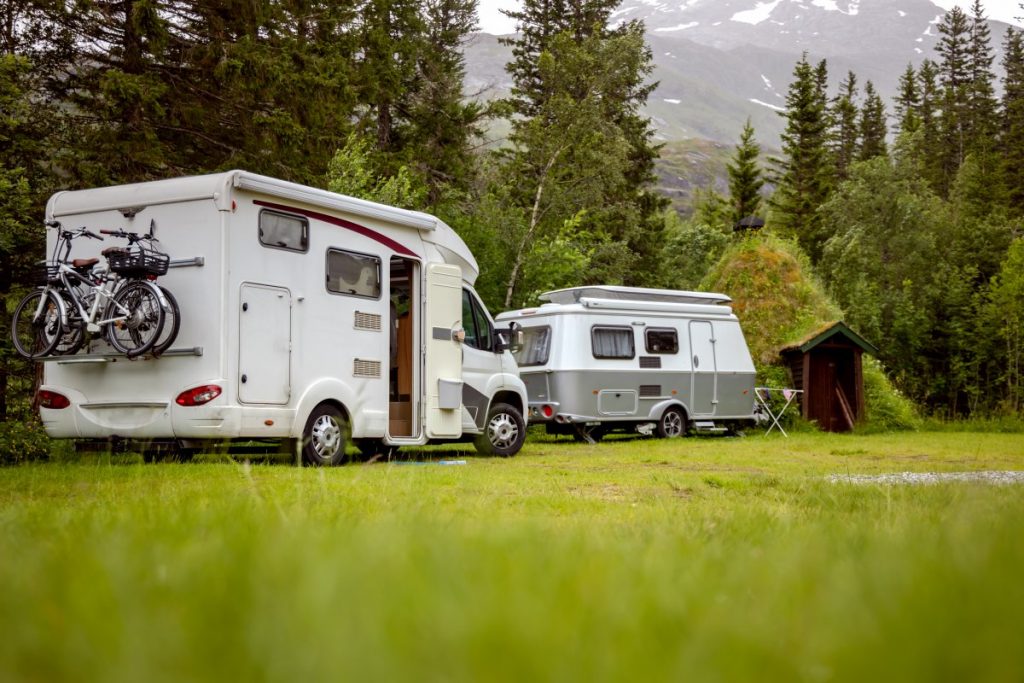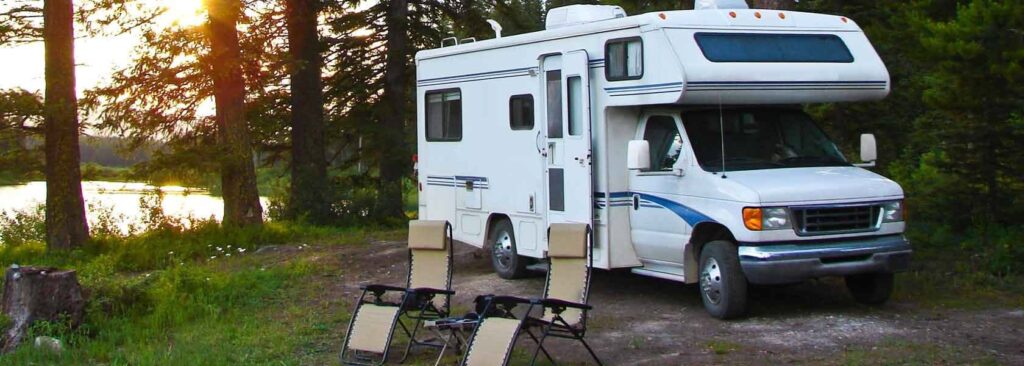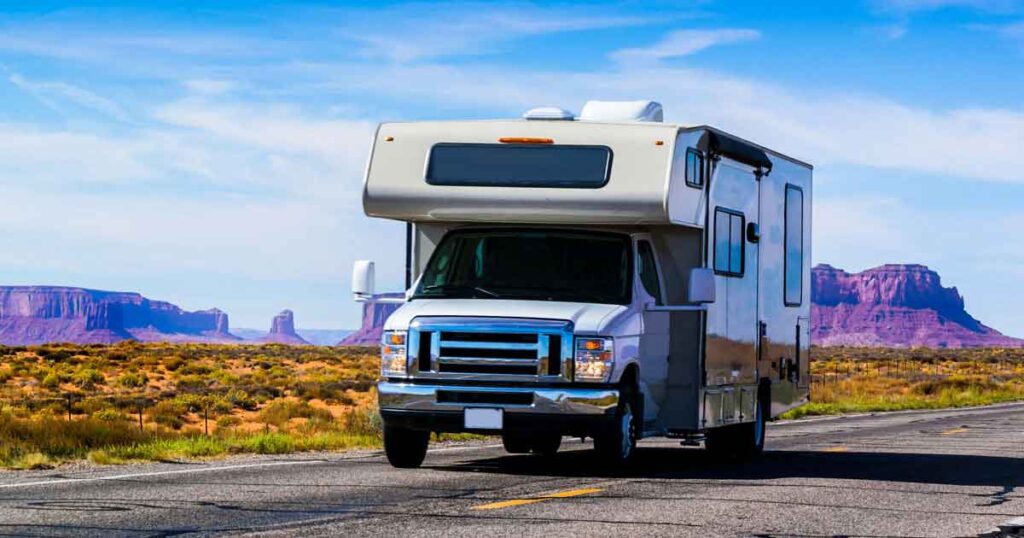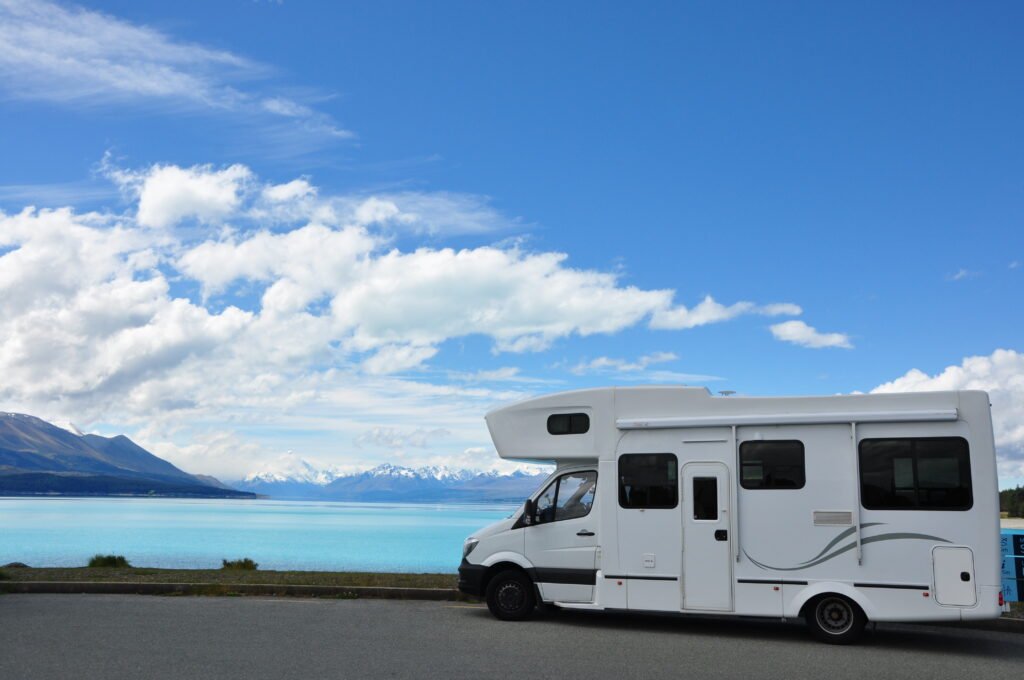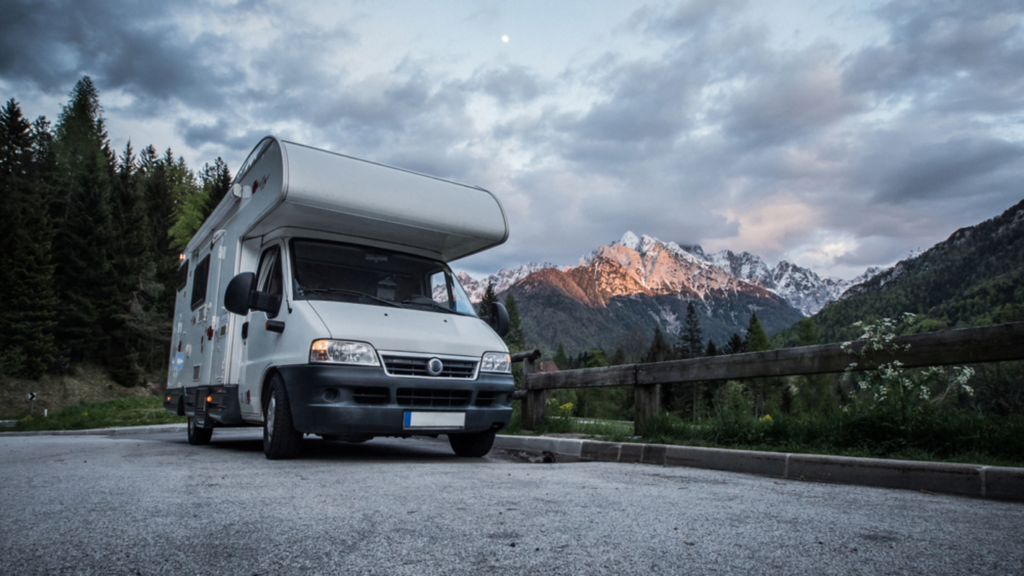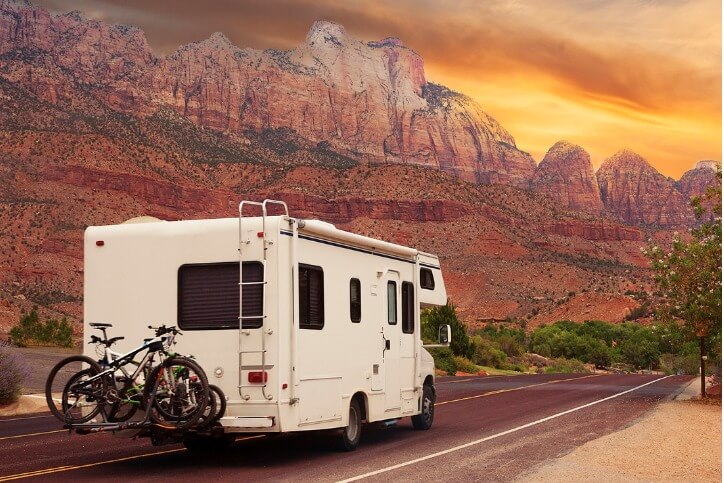Setting up Insurance for your RV

TL;DR: Before hitting the road, ensure your RV is properly insured. Learn about coverage options, types of RVs eligible for insurance, and key companies offering RV insurance for comprehensive protection.
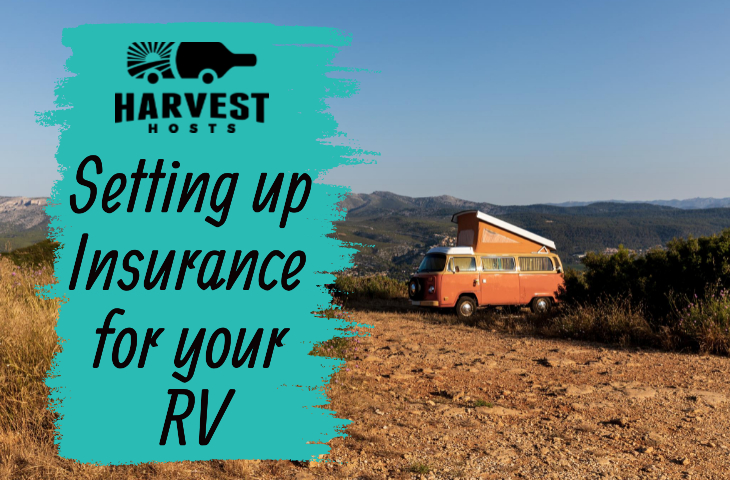
Hitting the open road is an exciting feeling. Before your vacation begins, your campground is likely booked, your Harvest Hosts stops are planned out, and you’re all packed up. But is there anything you may be missing? Planning the perfect trip also involves taking the proper precautions. In addition to ensuring your emergency kit is packed, you must add your RV to an insurance policy in order to be fully prepared. Insuring your RV works similarly to insuring a passenger vehicle, protecting both you and other drivers. However, there are key differences between RV insurance and regular auto insurance, and ensuring your RV has the best possible coverage is essential. Continue reading to learn more about insuring your RV. Learn:
- What RV insurance can cover
- What types of RVs can qualify for insurance?
- Is it mandatory?
- What companies offer RV insurance?
What is RV Insurance?
RV insurance provides the same coverage that your car receives, with some important additions. Coverages will vary depending on the type of RV you wish to insure and how often you plan to use it. Most companies offer coverage based on how often you use your RV, whether that is as your full-time residence, or as a once-a-year trip mobile, or as anything in between.
Physical Damage Coverage
Also known as Comprehensive and Collision, this coverage protects your RV from theft, damage, vandalism, acts of nature, and other potential damage to your RV. Physical damage coverage typically requires that a deductible be paid before the insurance company will cover the damage or replace anything.
Bodily Injury and Property Damage
This coverage is necessary for drivable RVs. It covers any damage caused while driving the RV, along with any incurred legal fees as well.
Uninsured/Underinsured Motorist
If your RV becomes damaged by a driver with no insurance or whose insurance does not cover all of their damage, then this coverage will fill in the gaps. This coverage can also help to cover the costs, repair damage, replace parts, and cover medical bills.
Roadside Coverage
Some insurance companies offer RV roadside assistance. This can be an invaluable, and inexpensive, addition to your policy. If your RV has a flat tire, runs out of gas, or needs a tow, this coverage can help.
Extras
Some RV insurance will also offer additional coverage. Be sure to check all of your options within companies to receive the best possible coverage. All of these potential add-ons are described below:
Roof Coverage – This can include roof repair or replacement due to wear and tear or damage.
Personal Effects Coverage – This will insure the items inside your RV.
Medical payment coverage – This can help cover both your medical expenses and your passengers’ medical expenses in the event of a serious accident.
Vacation Liability – If you’re vacationing in your RV and an accident occurs, some medical expenses will be covered along with property damage (up to a certain amount).
Pet injury – Typically deductible-free, this coverage will pay up to a certain amount for vet bills for your pet in the event of an accident.
Pest Coverage – If your RV is ravaged by pests in storage, this coverage can help cover those damages.
Total Loss Replacement – If your RV is totaled in an accident, this coverage will replace or reimburse the cost to purchase a new RV. Be sure to check that you’ll receive the price you paid for your RV and not the current value. ****
What Type of RVs Qualify for Insurance?
Insurance can cover all types of RVs. However, only some types of coverage apply to certain RVs. For instance, a towable RV would not require bodily injury and property damage coverage, since the tow vehicle . Drivable RVs, towable RVs, vans, pop-up campers, truck campers, and more can all receive RV insurance coverage individually.
Is it Mandatory?
This will depend on your state’s requirements and whether or not you financed your RV or if you own it outright. Similar to a financed car, a financed RV will oftentimes require full coverage by either the dealership or the bank. As stated above, certain types of RVs will also require different types of insurance. A drivable RV will, at the very minimum, require liability insurance, since these are driven on the road.
What Companies Offer RV Insurance?
Most popular auto insurance companies also offer RV insurance. It can be significantly cheaper to add your RV onto an existing auto policy, versus creating a new policy entirely. Be sure to shop around to find the best rates for your RV. Take into consideration what you’d like to have covered and what the cost will be.
Traveling in your RV is an unparalleled experience. However, it’s only fun if you’re staying safe. Be sure to protect your investment by insuring your RV properly. Some of the bells and whistles on this list are only a few extra bucks per month, but can save you tons of money.

